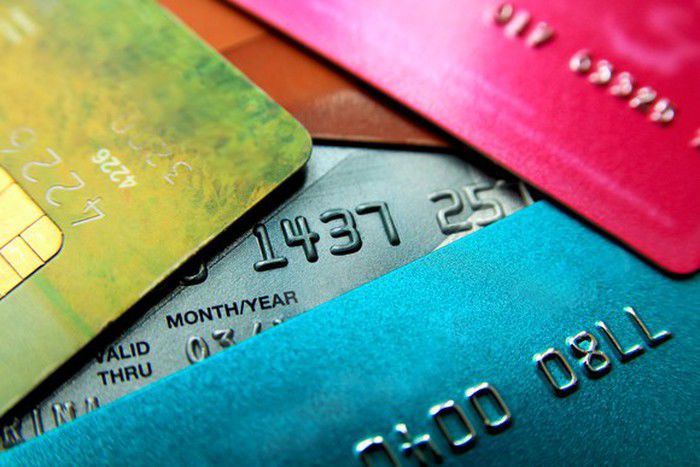
Does your business have good credit? Companies get a credit score, just as individuals do, and your company’s score affects whether it can borrow and the interest you’ll pay.
Figuring out your score can be complicated, especially since your company doesn’t have just one. Different reporting agencies — including Experian, Equifax, Dun & Bradstreet, and Fair Isaac — have their own scoring formulas, so there’s variation from one credit score to the next.
Here’s what you need to know about how each of these scores is calculated based on different factors relevant to your organization.
Your Experian business credit score
Experian uses Intelliscore Plus as its credit scoring model. The score range is between 1 and 100, and more than 800 variables are considered when assigning a score. The most important factors that determine your score ranks are:
- Outstanding balances on debt
- The amount of debt you have, relative to credit available
- How many times you’ve borrowed
- The size of your company
- How long you’ve been in business
- Your business size
Experian, along with other credit reporting agencies, collects data from lenders and suppliers, legal filings, collection companies, marketing databases, state filing offices, and others with information about your organization.
Equifax business credit score
Equifax actually assigns three different scores including:
- A payment index score: Using data from small business lenders, public records, and trade records, Equifax assesses payment history over the prior year. Your score ranges from 0 to 100, with late payments lowering your score.
- A credit risk score: This score evaluates your credit limits, company size, and credit history to assess the likelihood you’ll fall seriously behind on payments. Your score ranges from 100 to 992.
- A business failure score: This score, which goes from 1,000 to 1,880, is focused on the likelihood of your business failing within a year. It considers the age of your oldest financial accounts, your history of late payments including supplier invoices, and the amount of available credit you use.
Your Dun & Bradstreet credit score
Dun & Bradsteet uses a Paydex score to measure risks. The score range is 0 to 100 and the key factor considered in assigning the score is the time it took to repay your debt, relative to repayment terms agreed upon with your creditor.
In order to obtain a Paydex number to get your score, you’ll need to file for a free DUNS number and at least four lenders or suppliers must provide information about your company’s borrowing habits.
Your FICO SBSS score
Fair Isaac has a FICO Small Business Scoring Service, and the score your company can earn ranges from 0 to 300. The score is based on:
- Your personal credit score
- Your company’s history of on-time payments
- How old your business is
- The number of employees you have
- Your company’s revenue and assets
The FICO SBSS score is typically used by lenders to decide whether to lend you up to $1 million. Higher scores, obviously, are preferable to lower ones.
You can earn a good company credit score
While credit reporting agencies and scoring models vary, most of the formulas take into account how much credit your company uses, as well as how effective you are at making payments on time. To make sure each score is as high as possible, pay your bills on time and avoid maxing out the credit lines available to you. Your company’s positive credit history will make it cheaper and easier to access credit when you need it, so it’s worth the effort.























